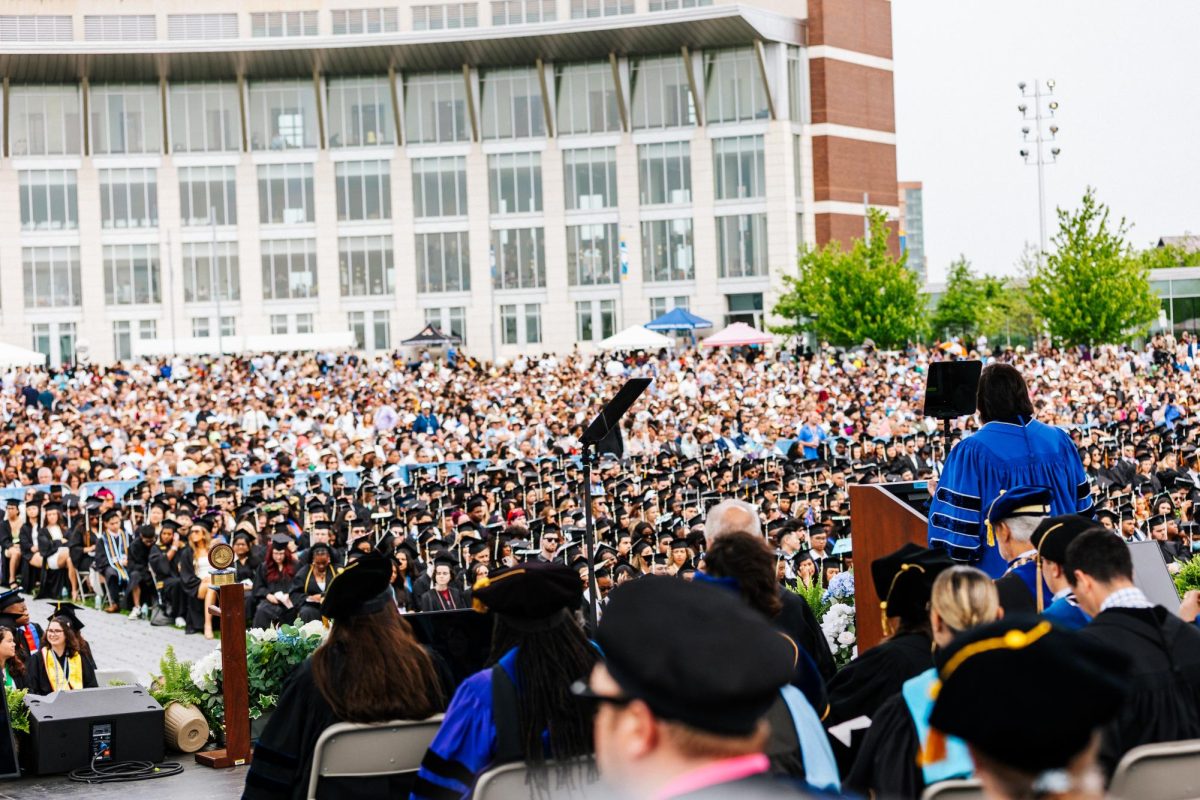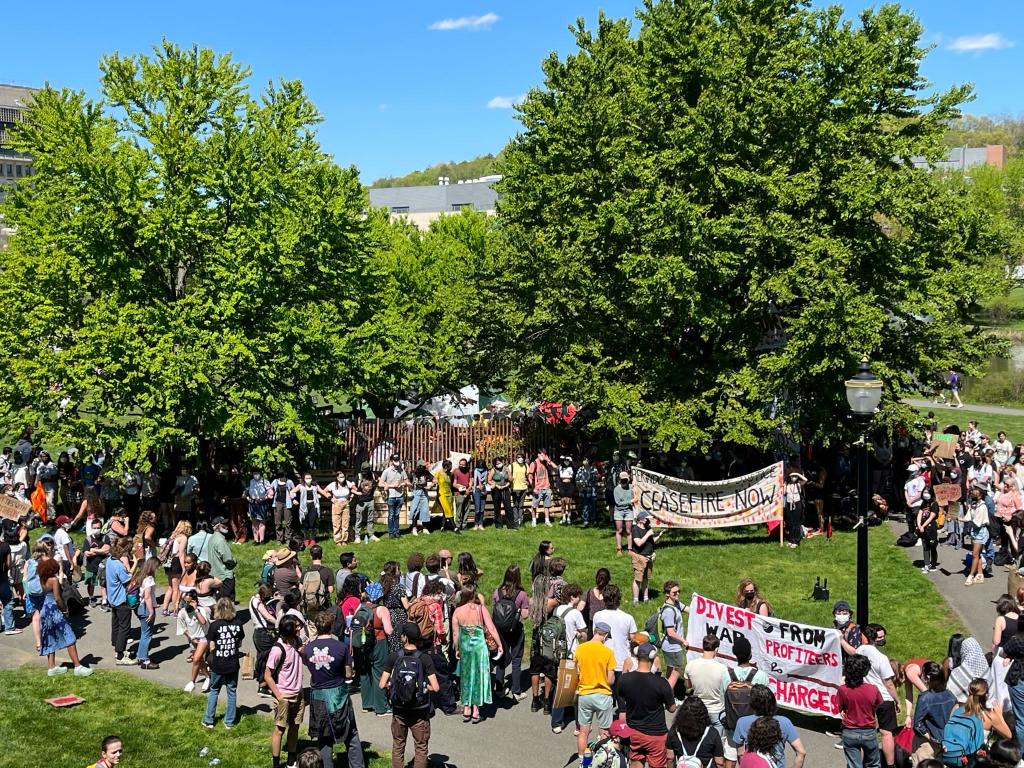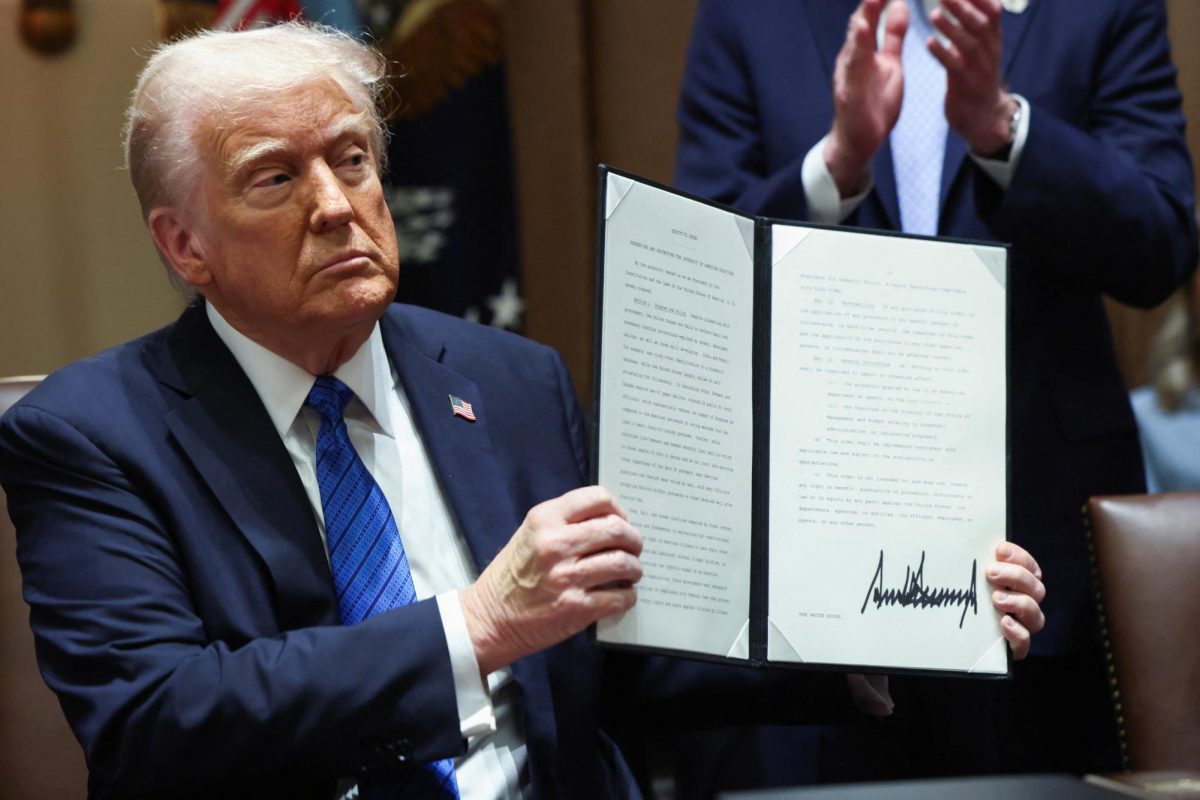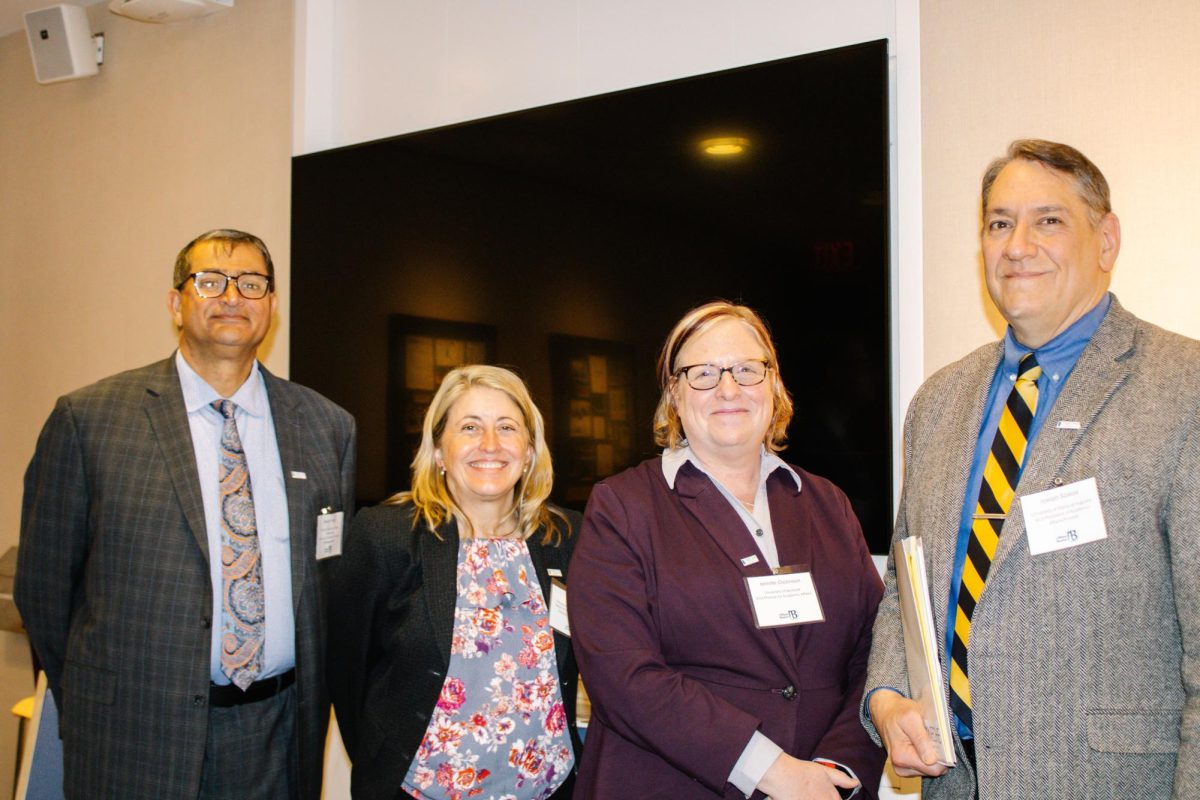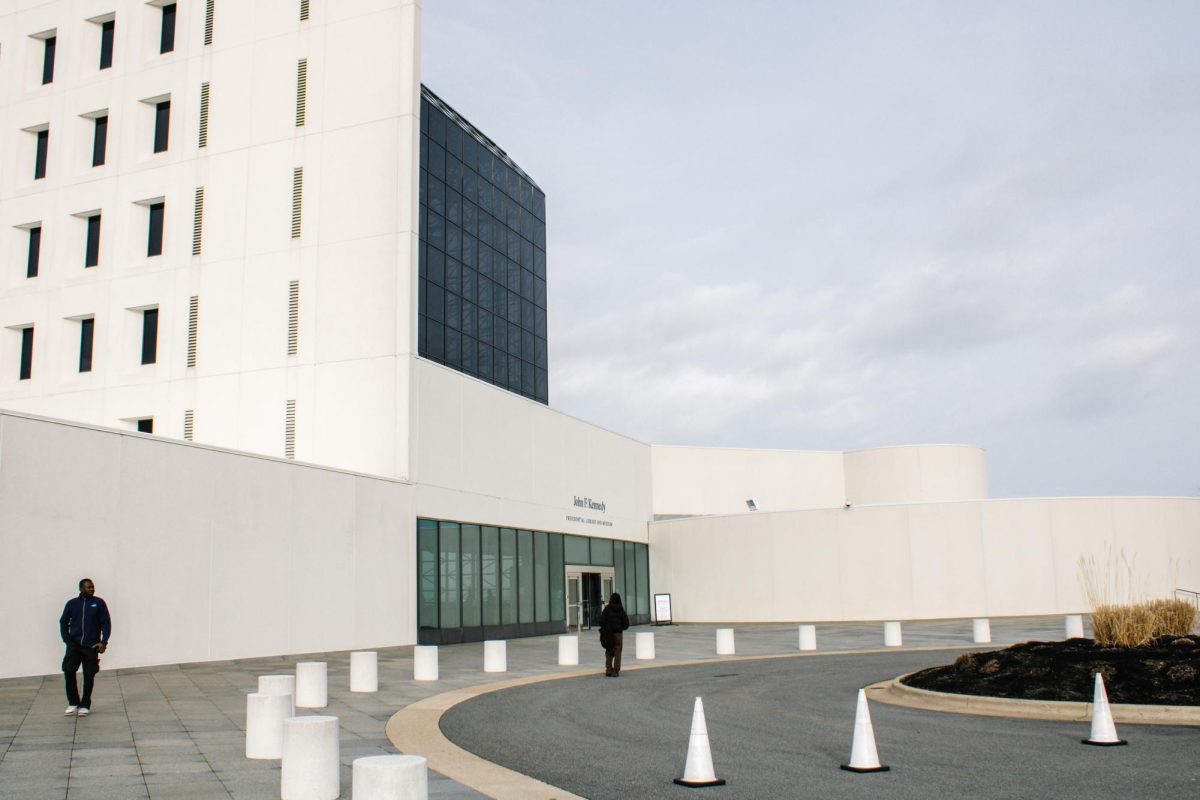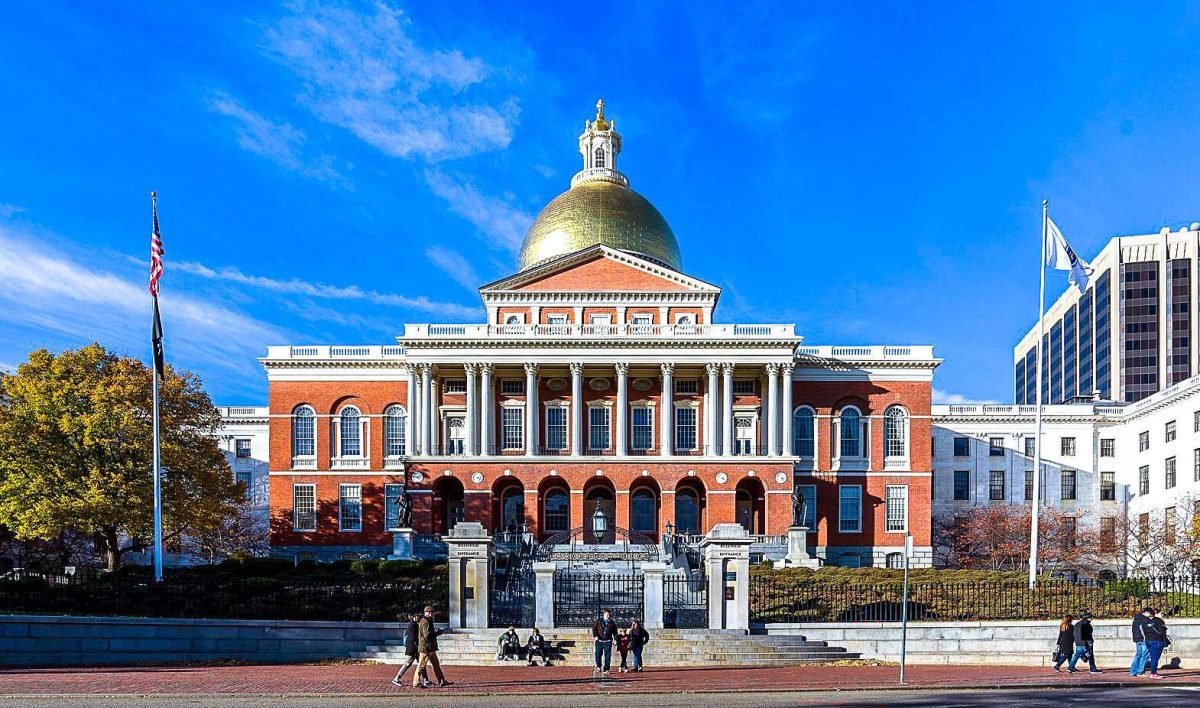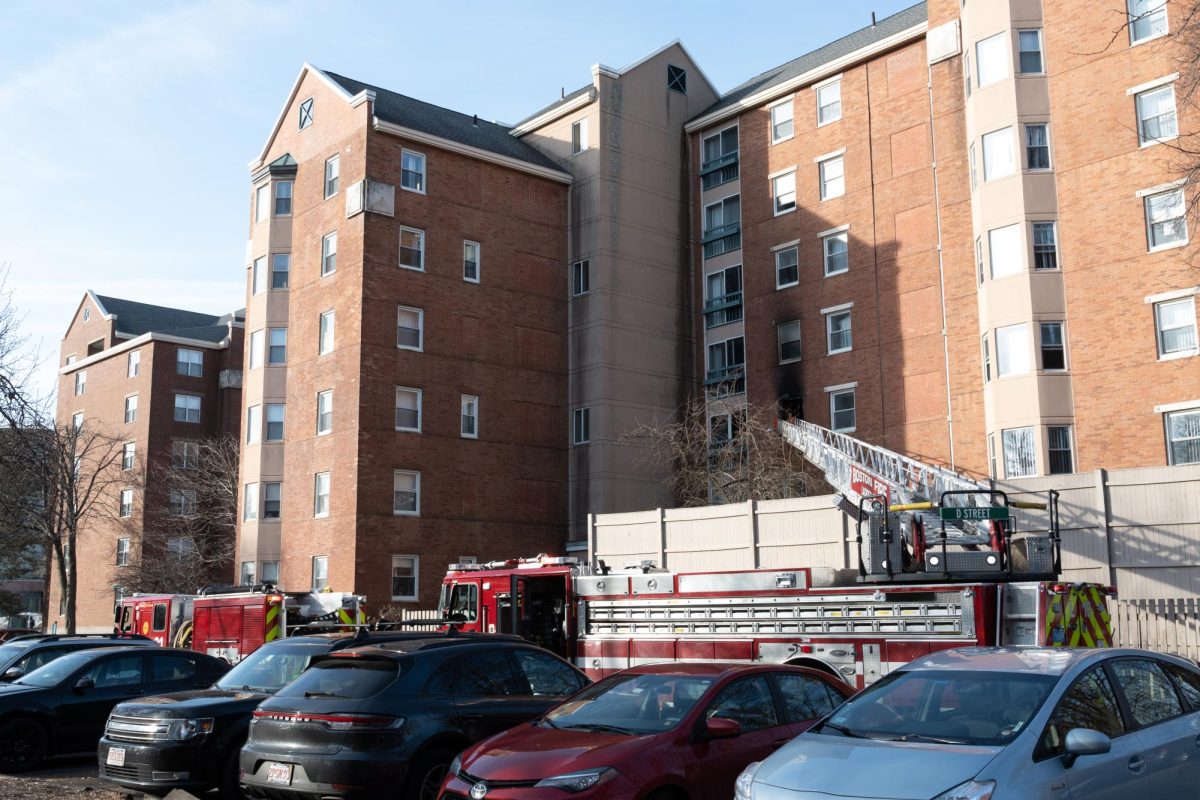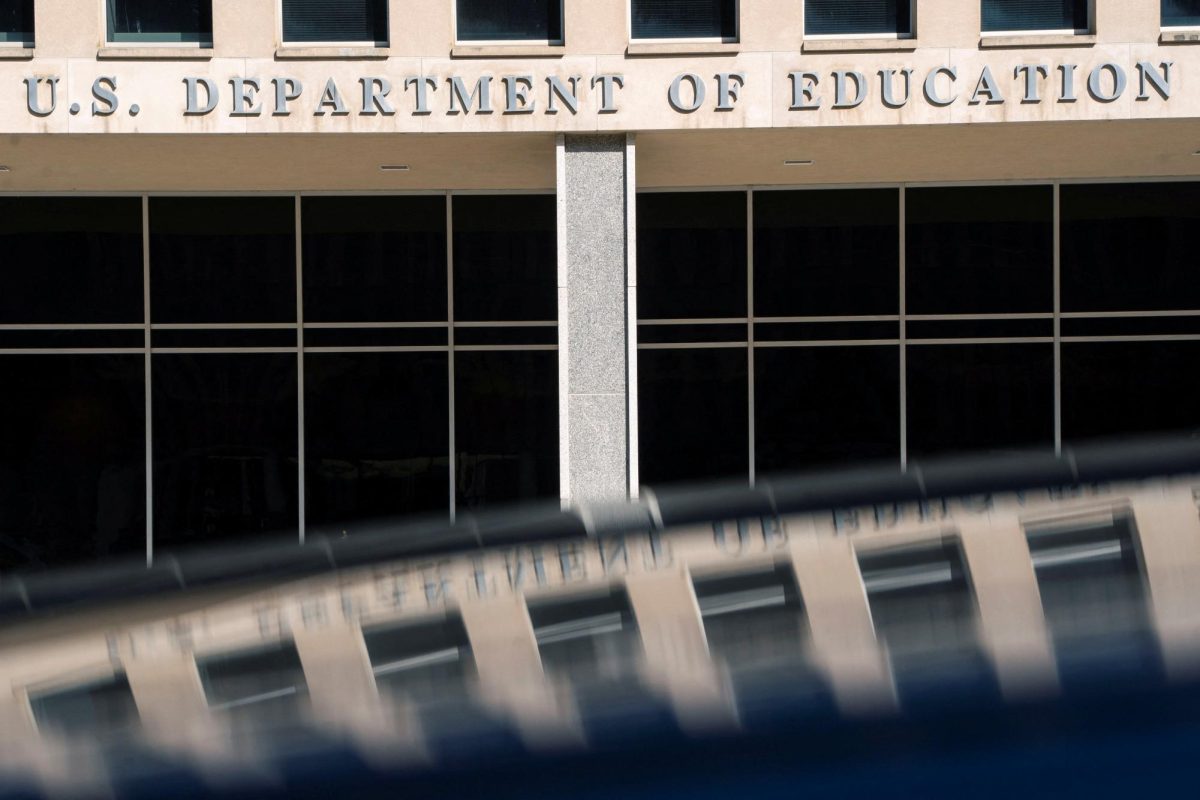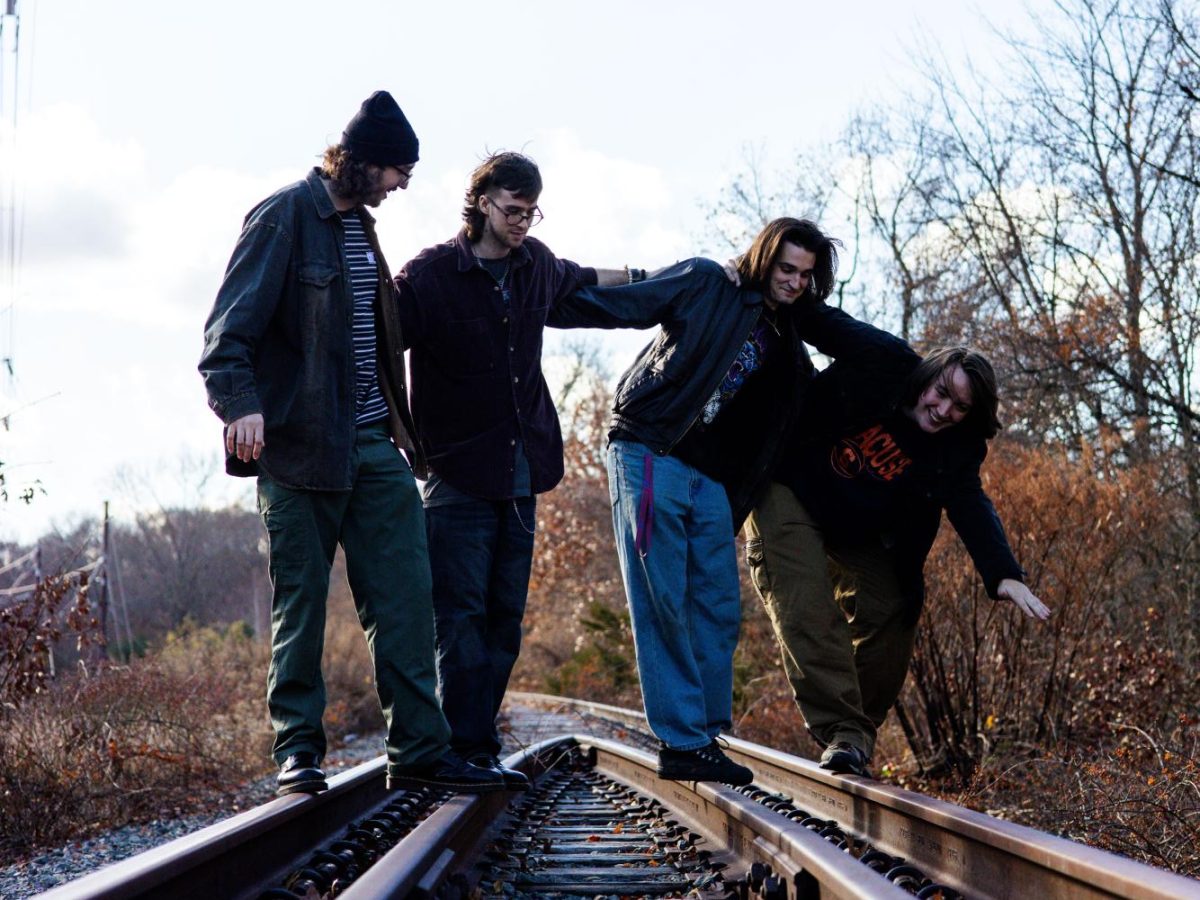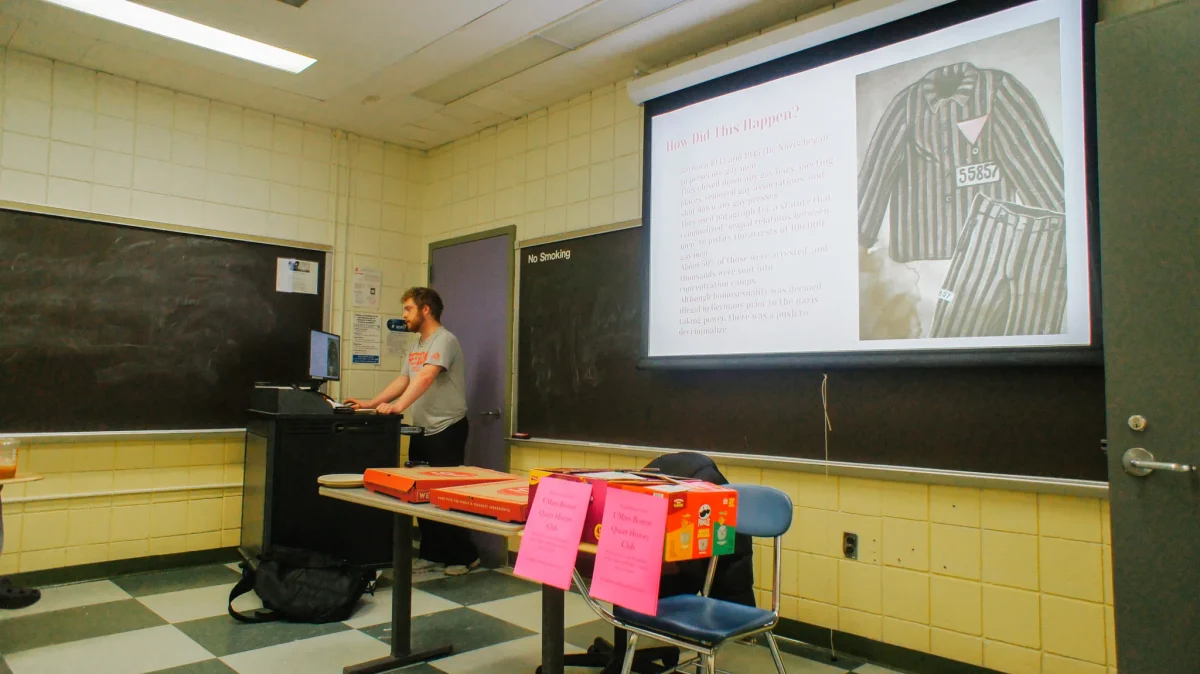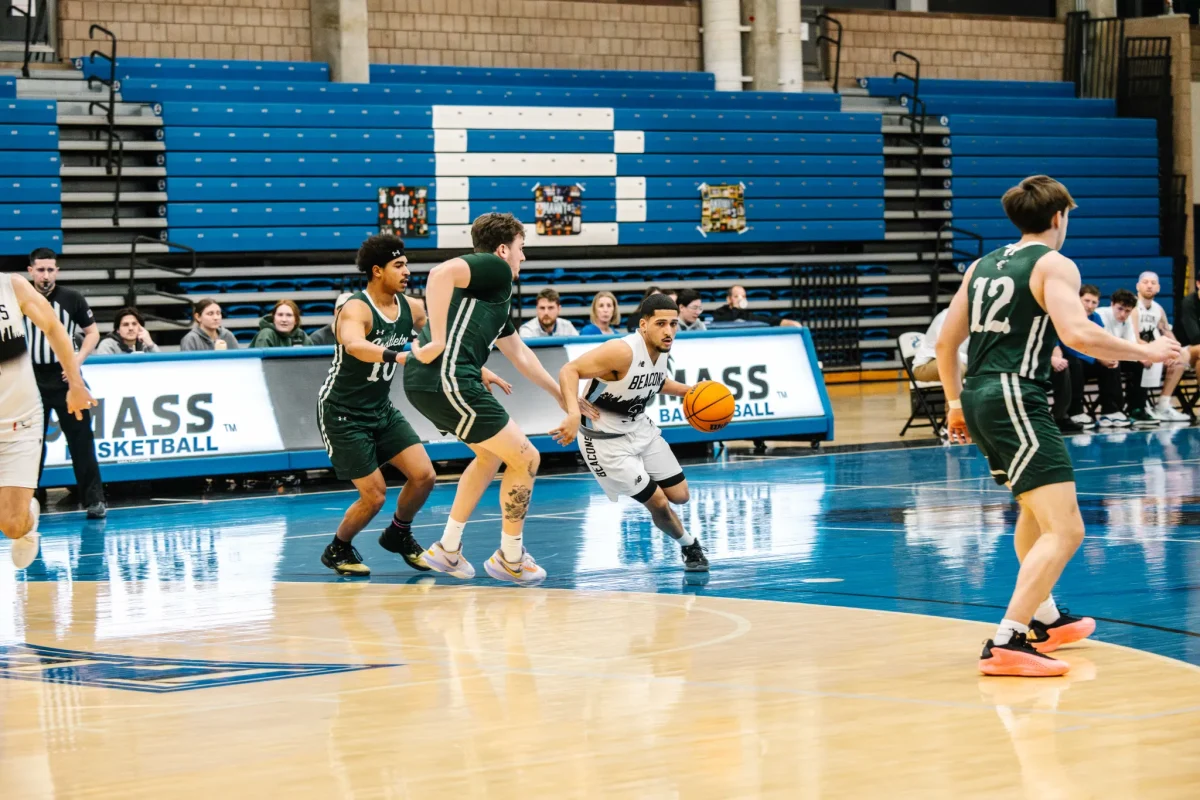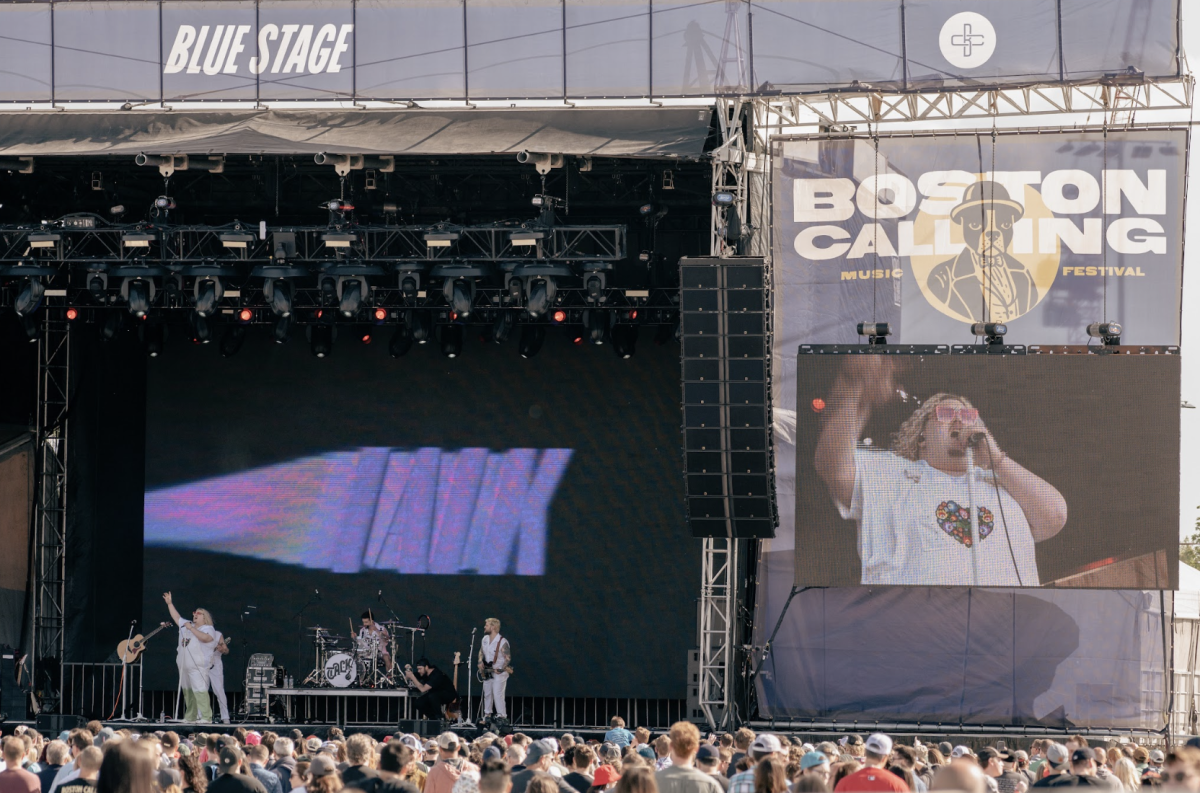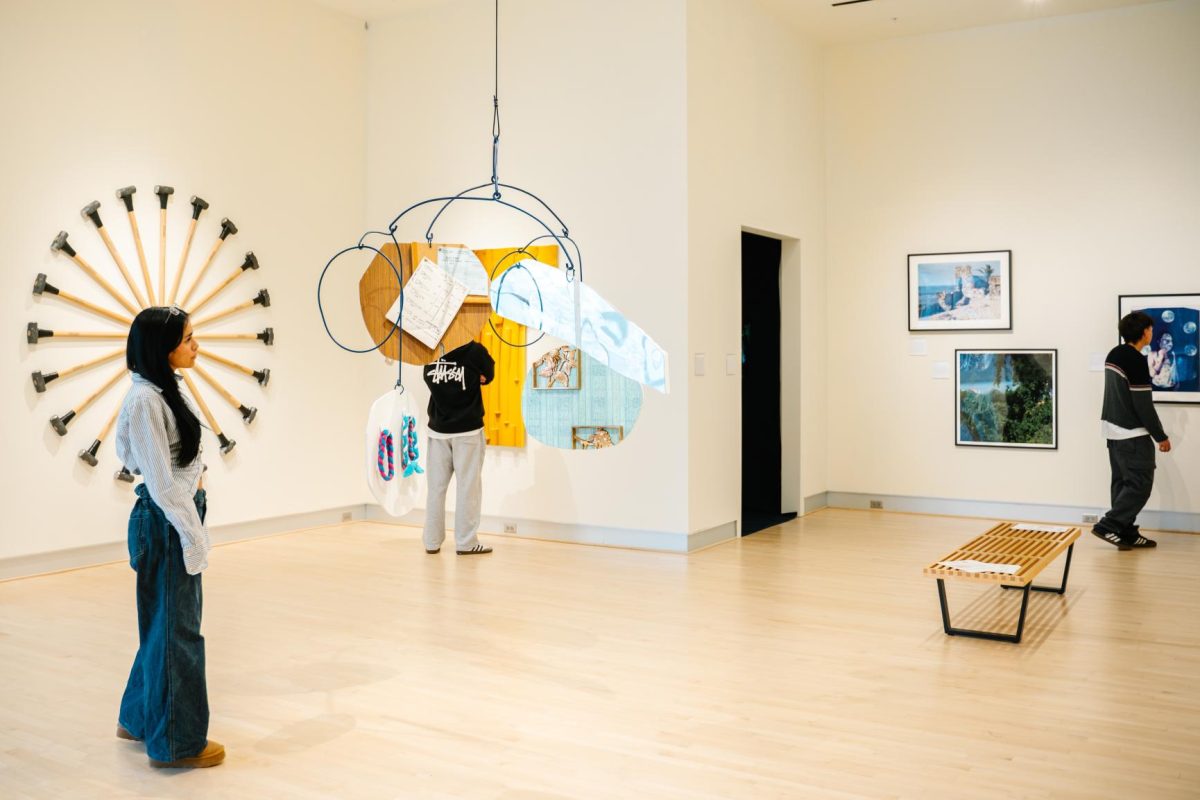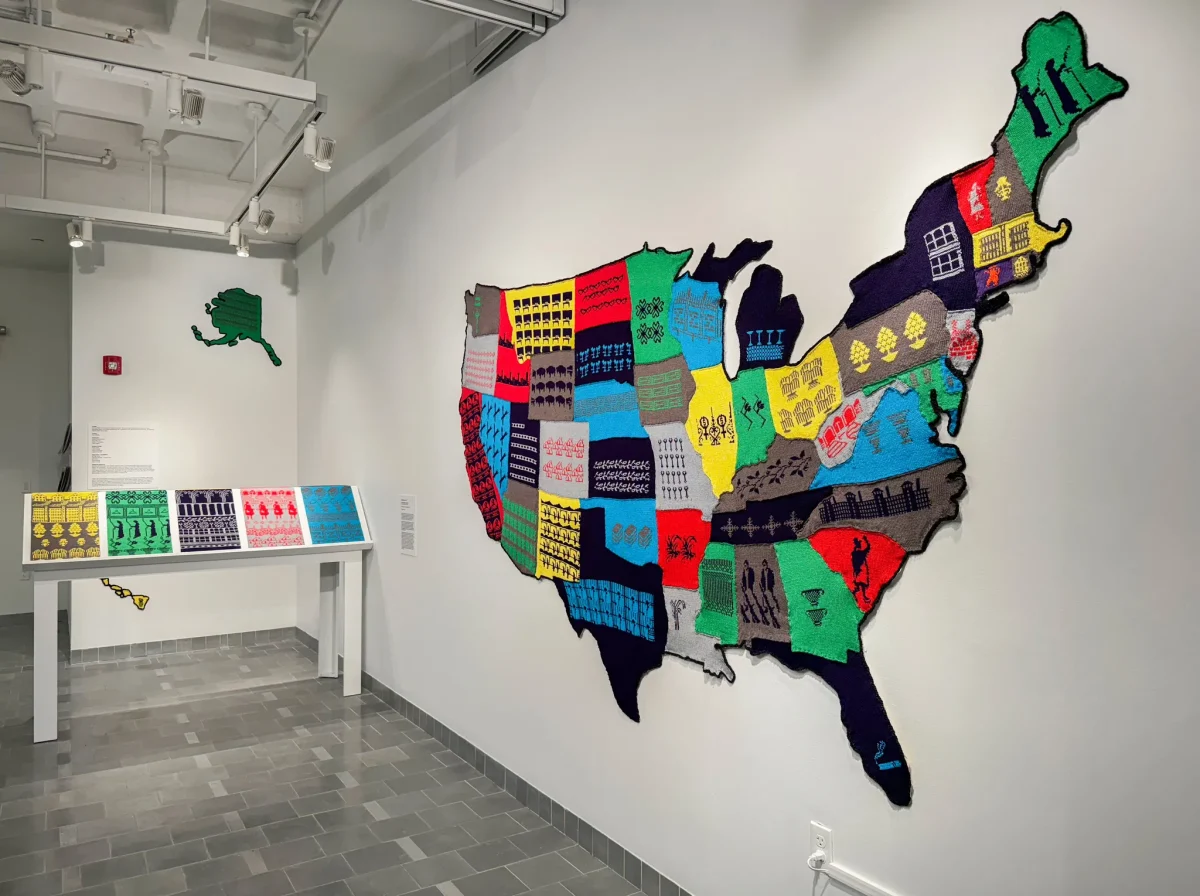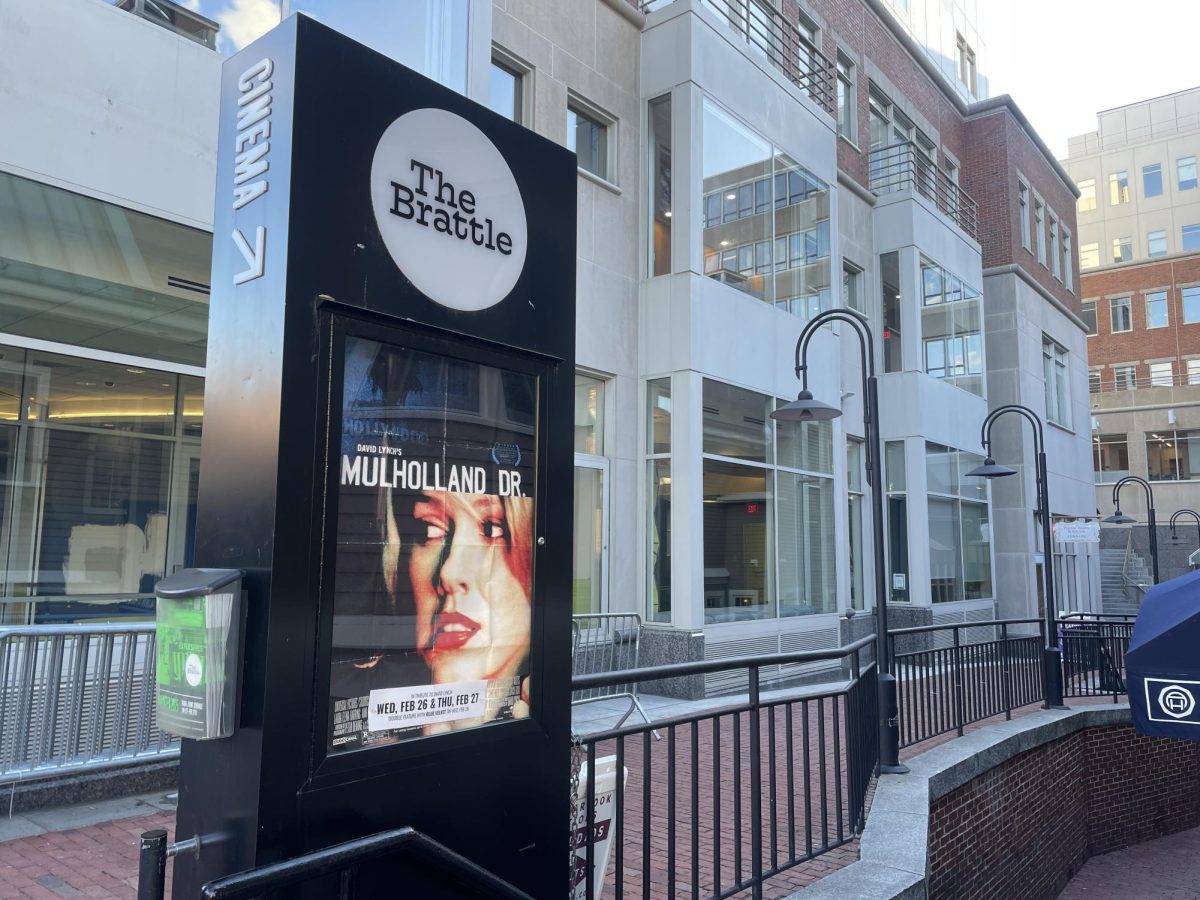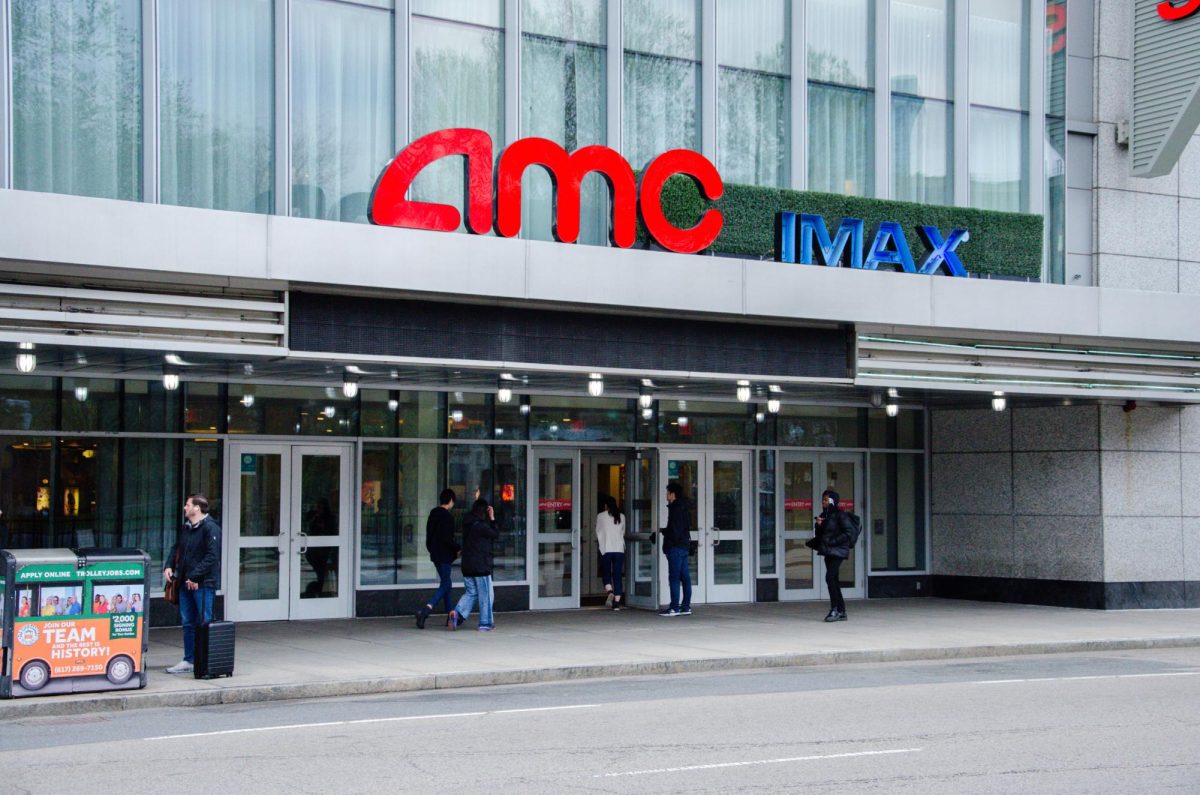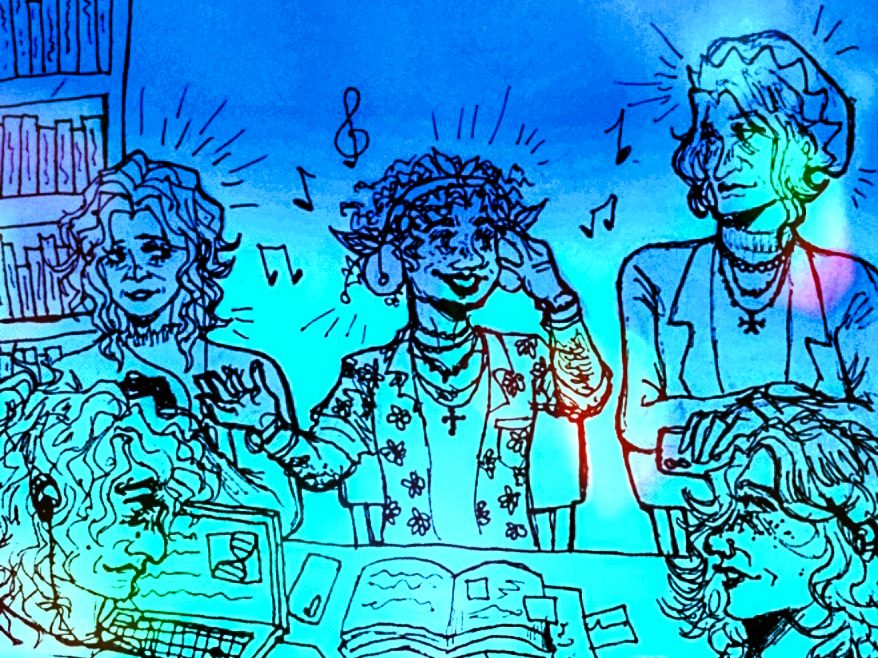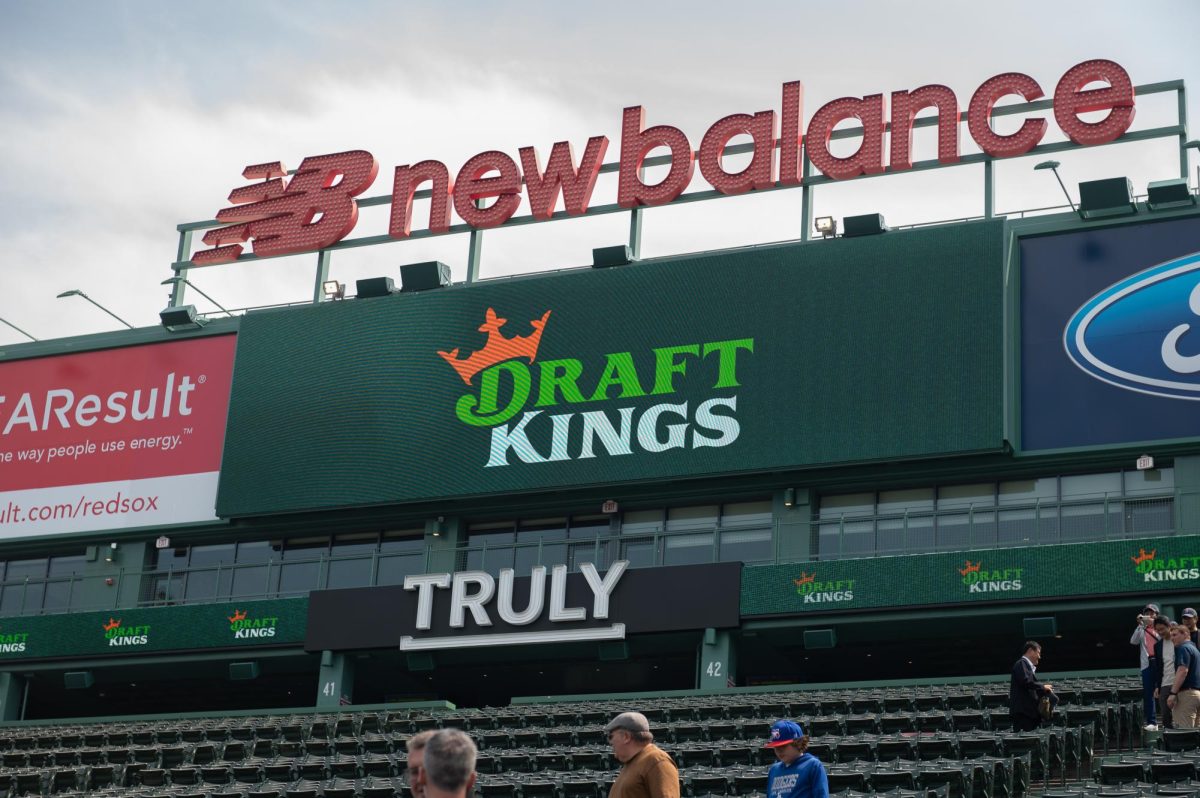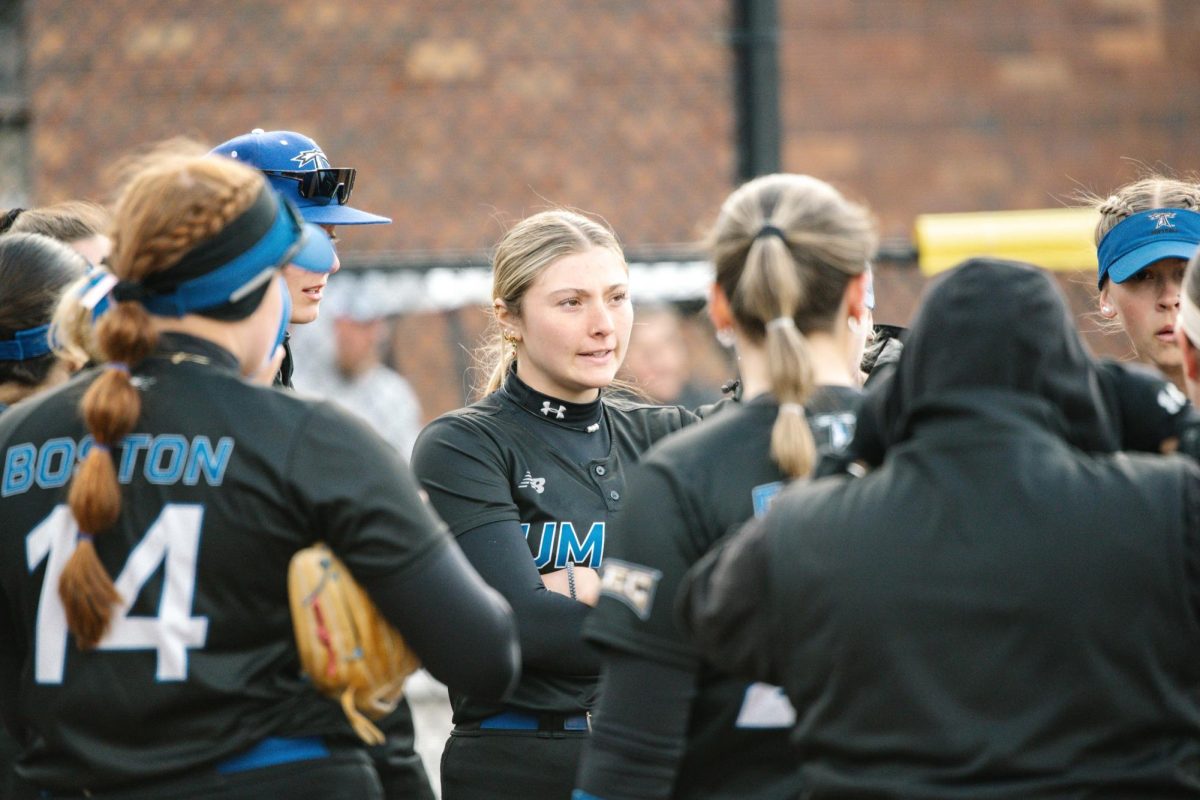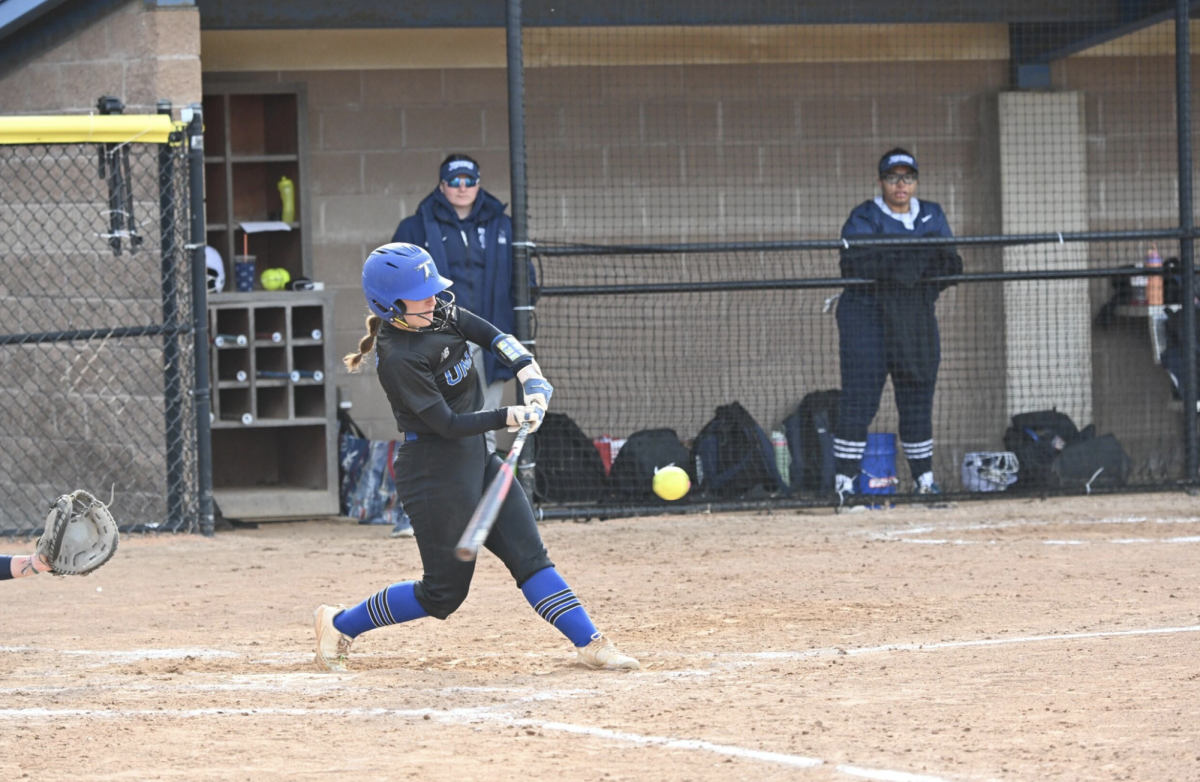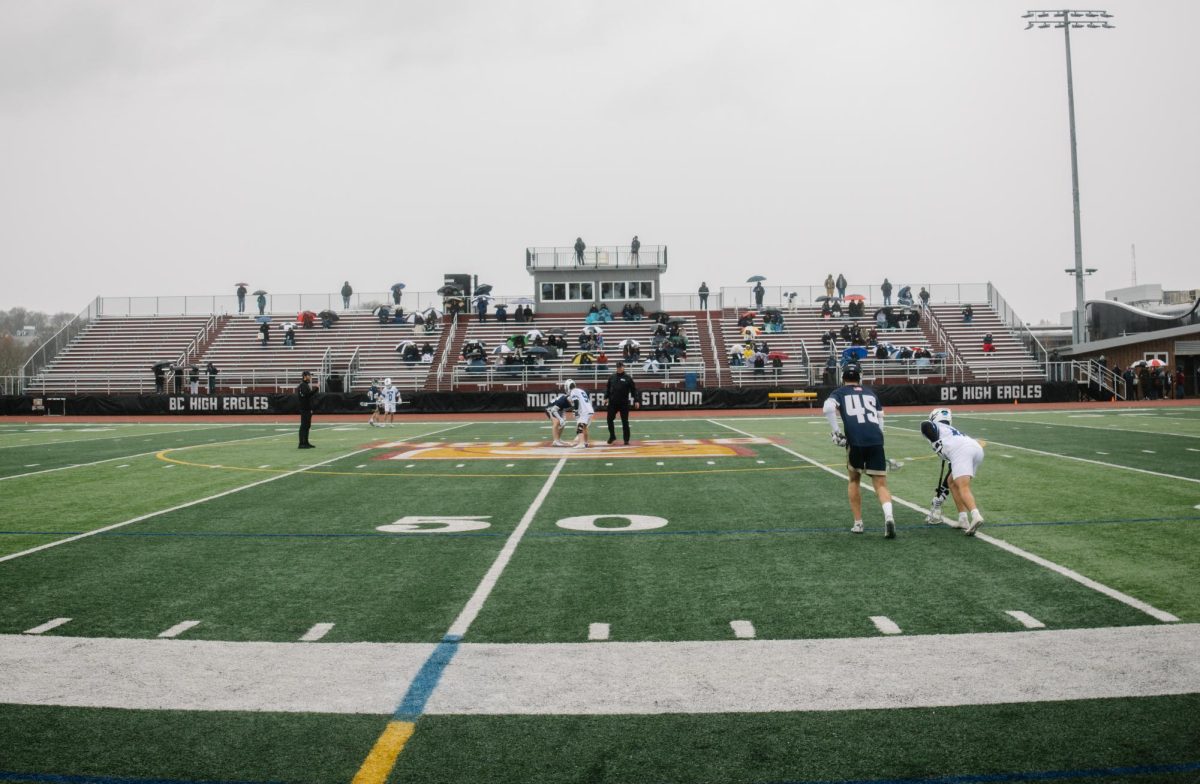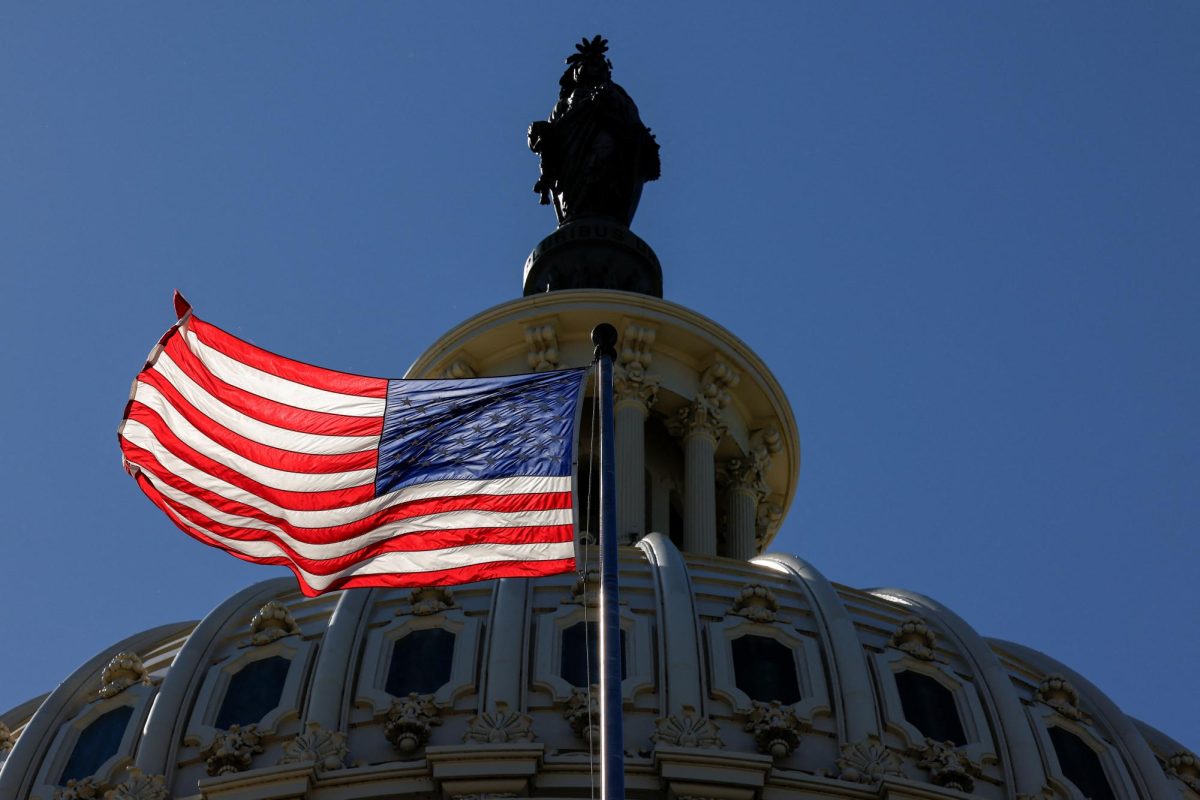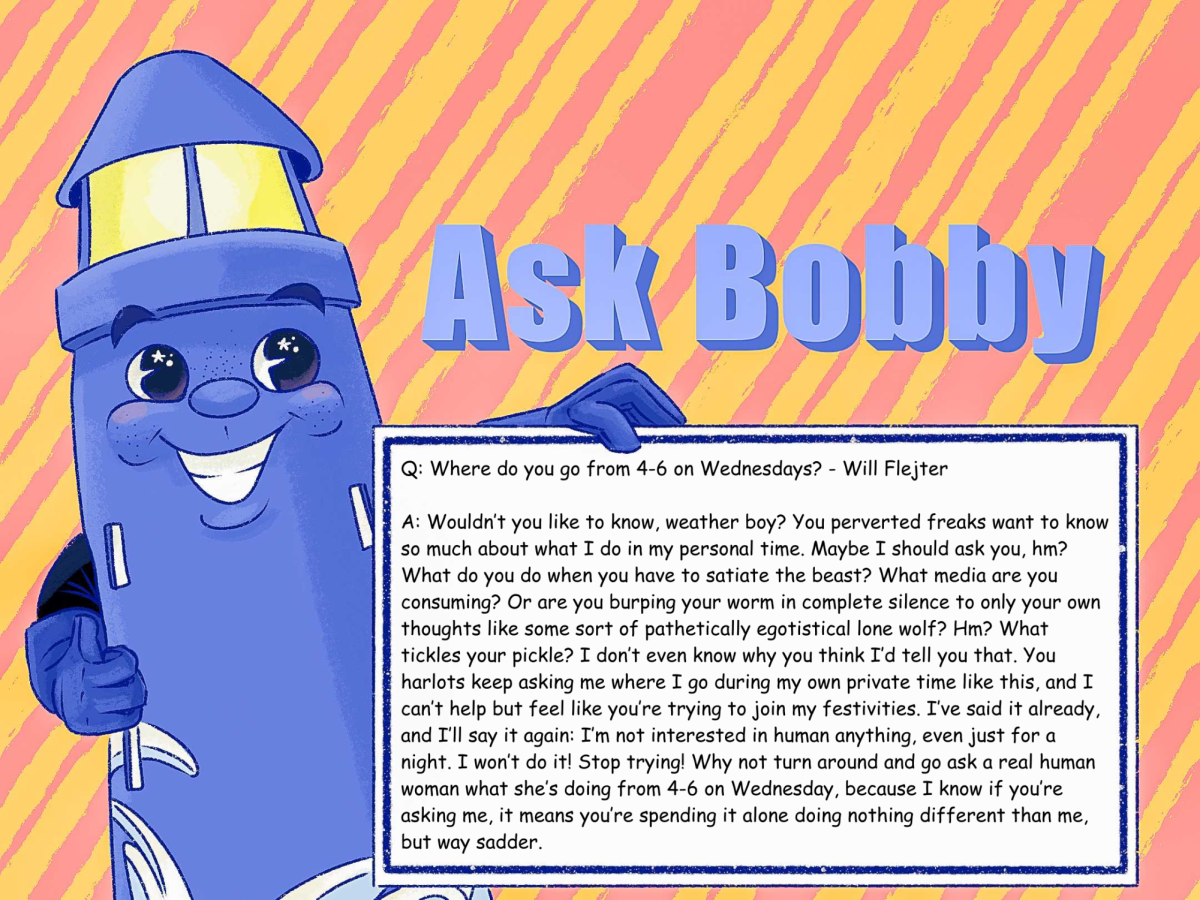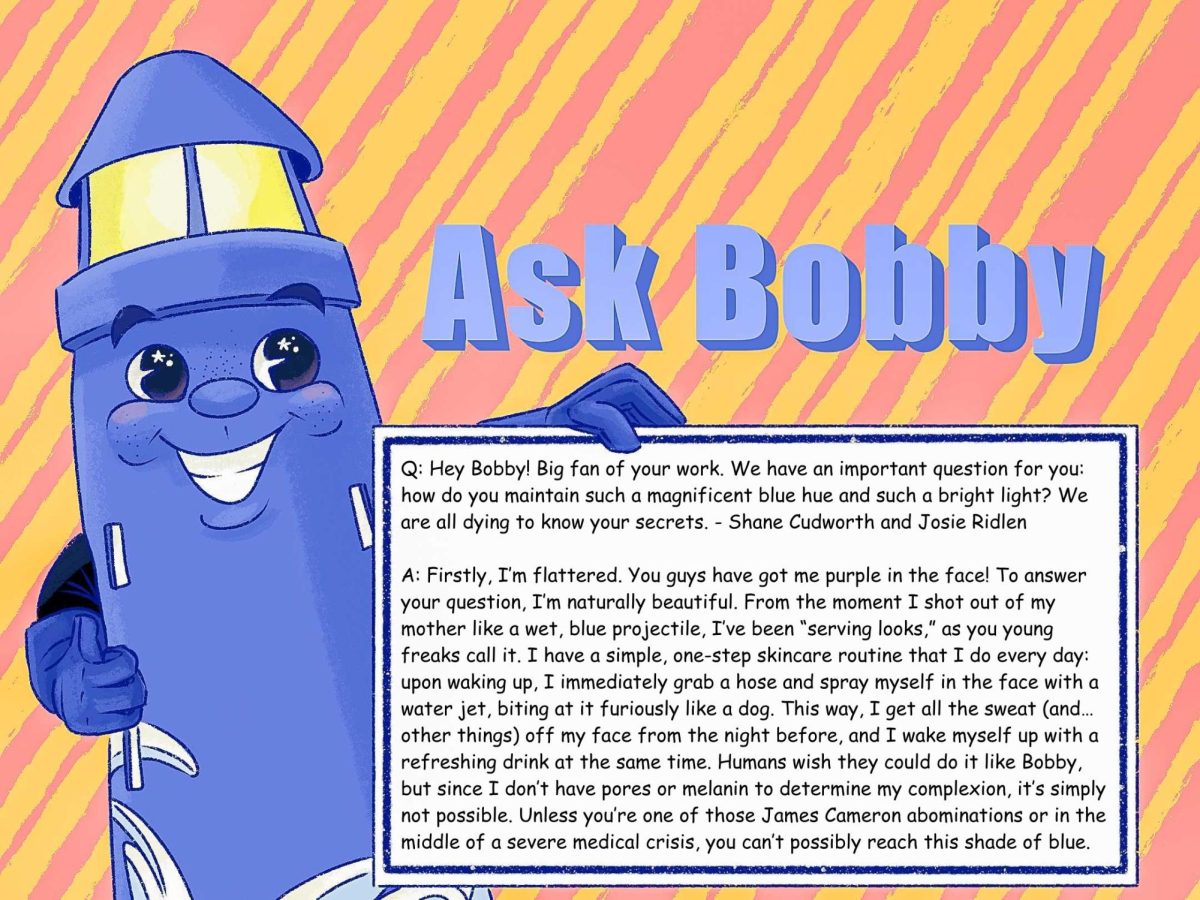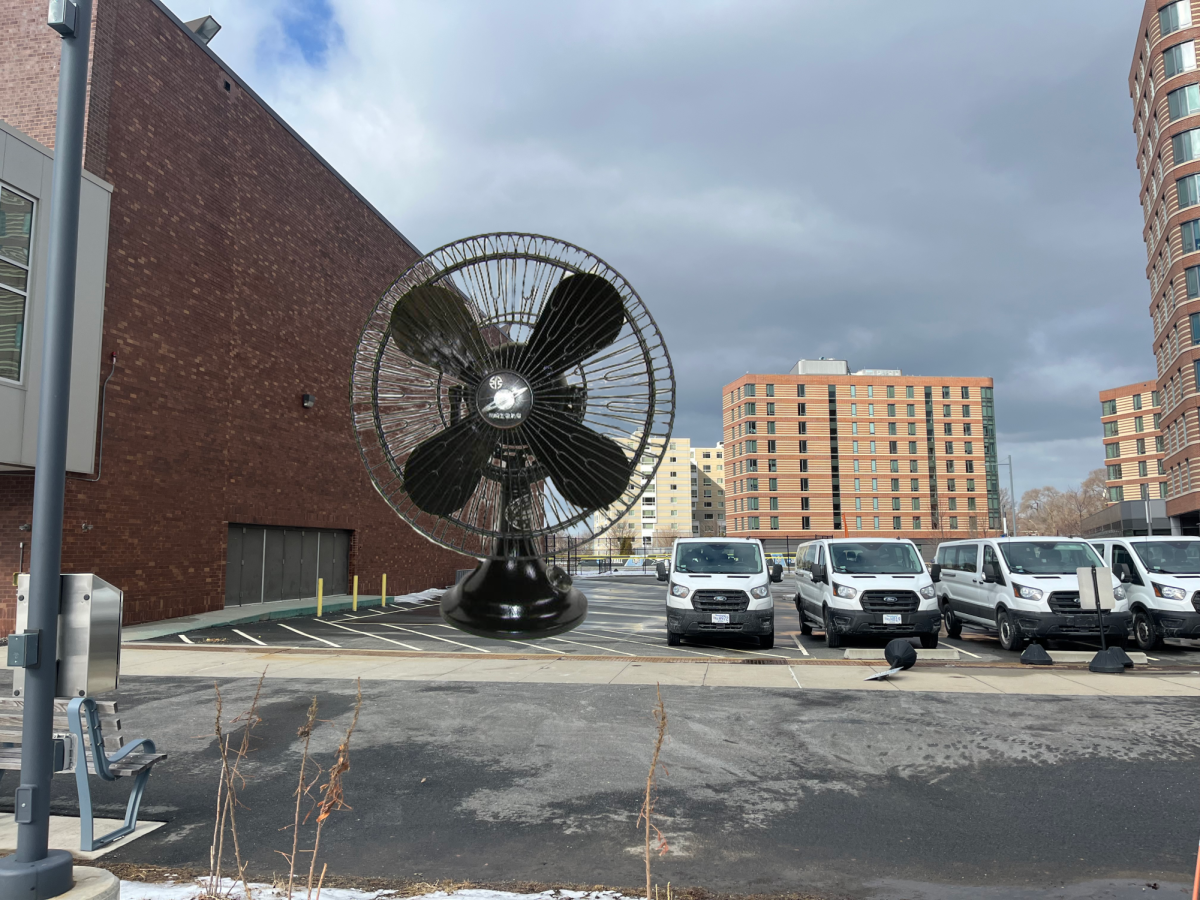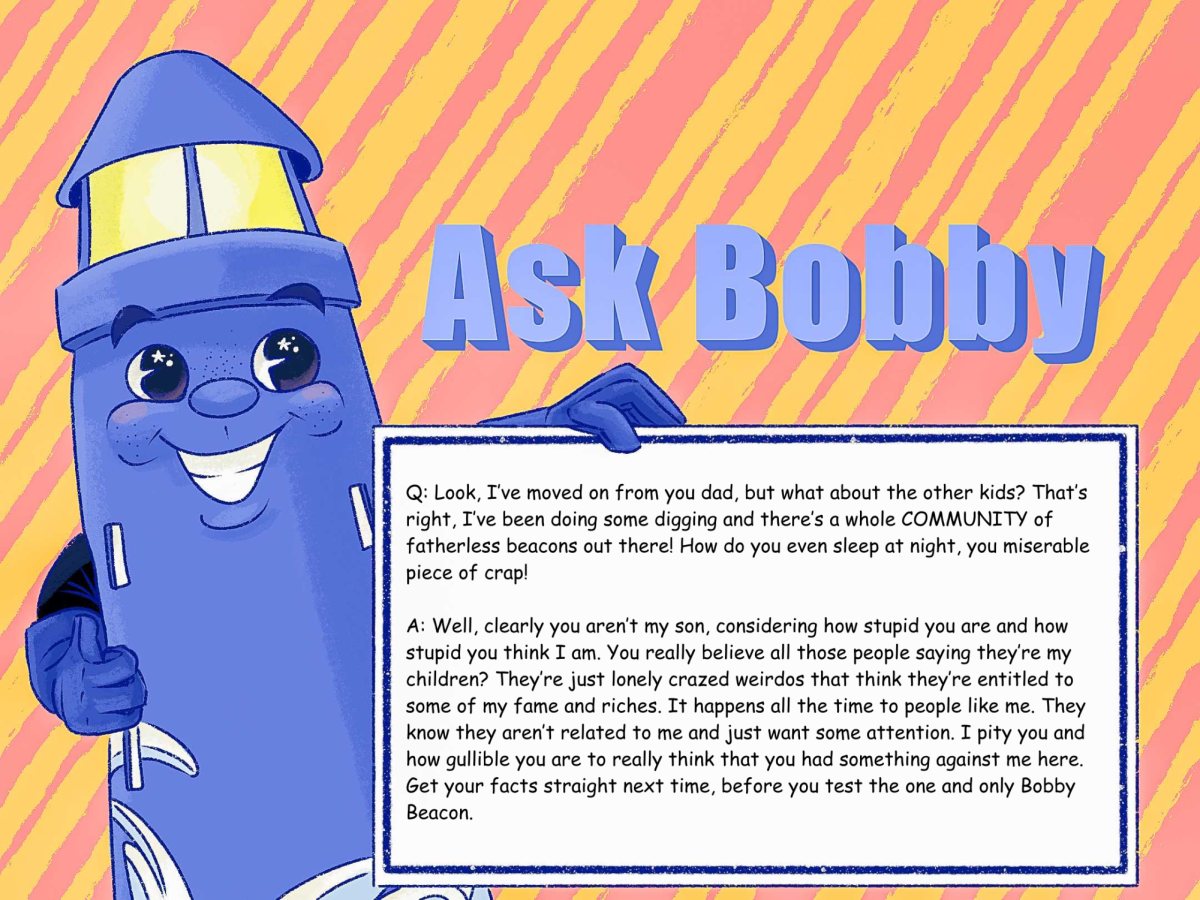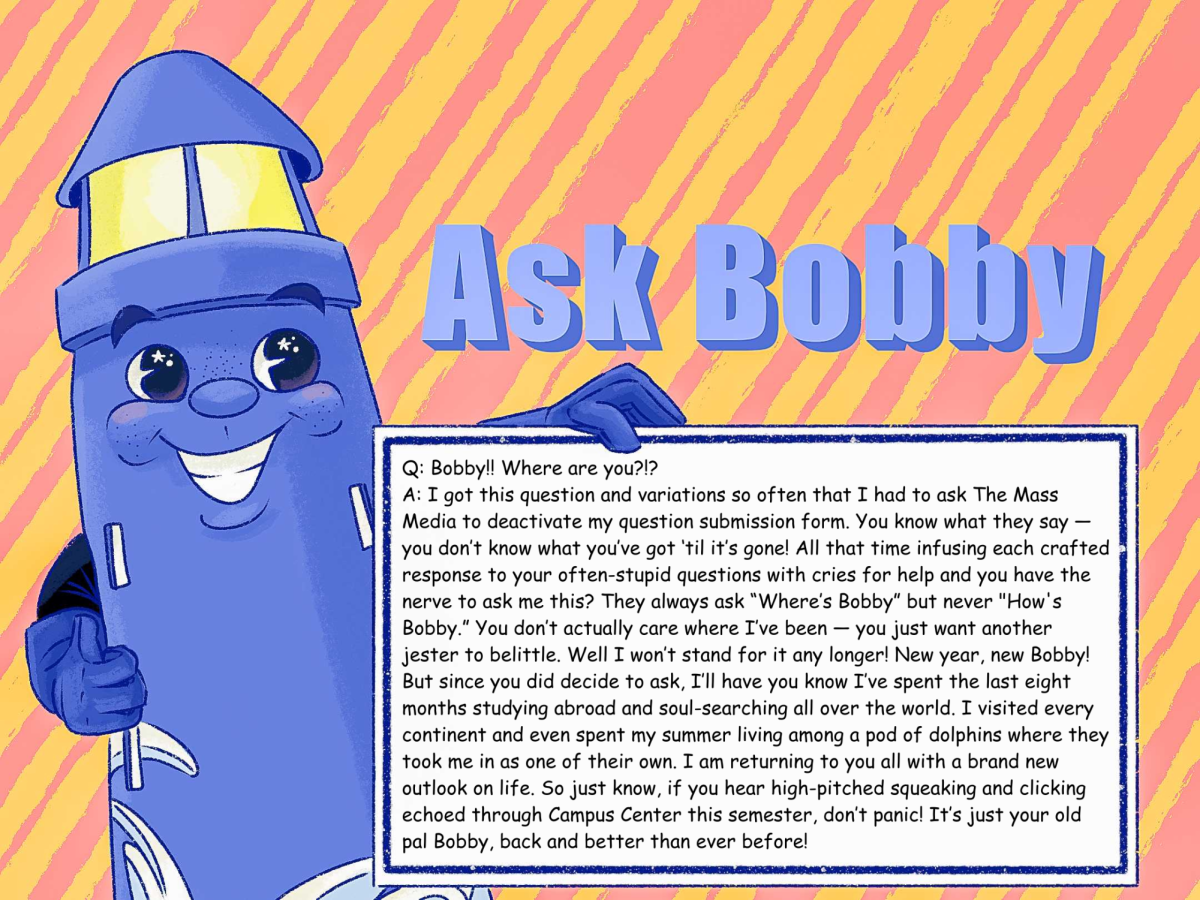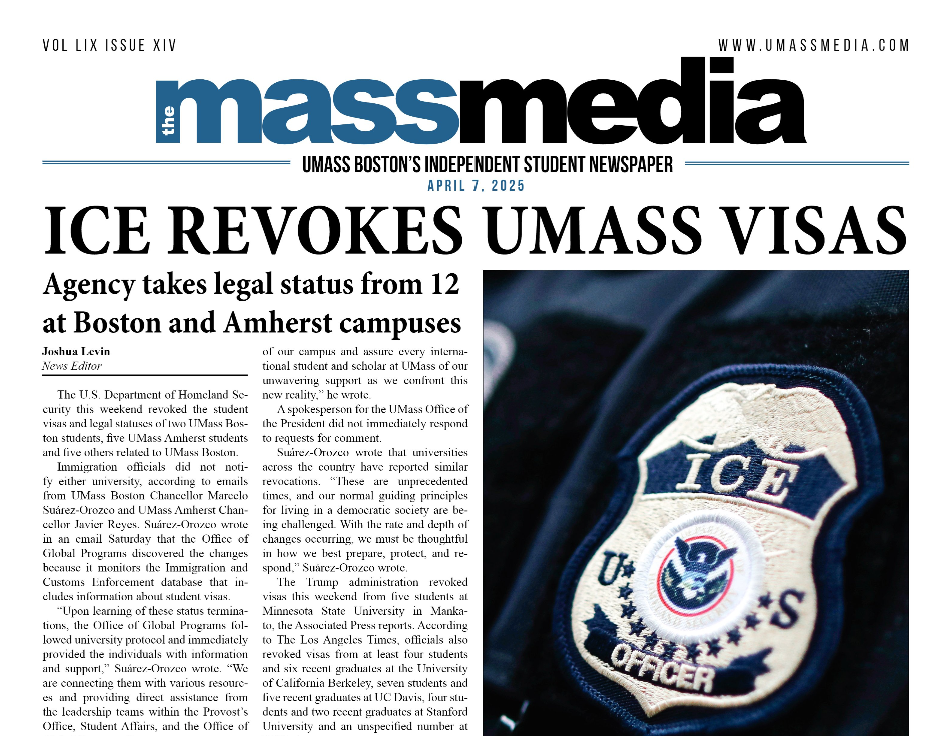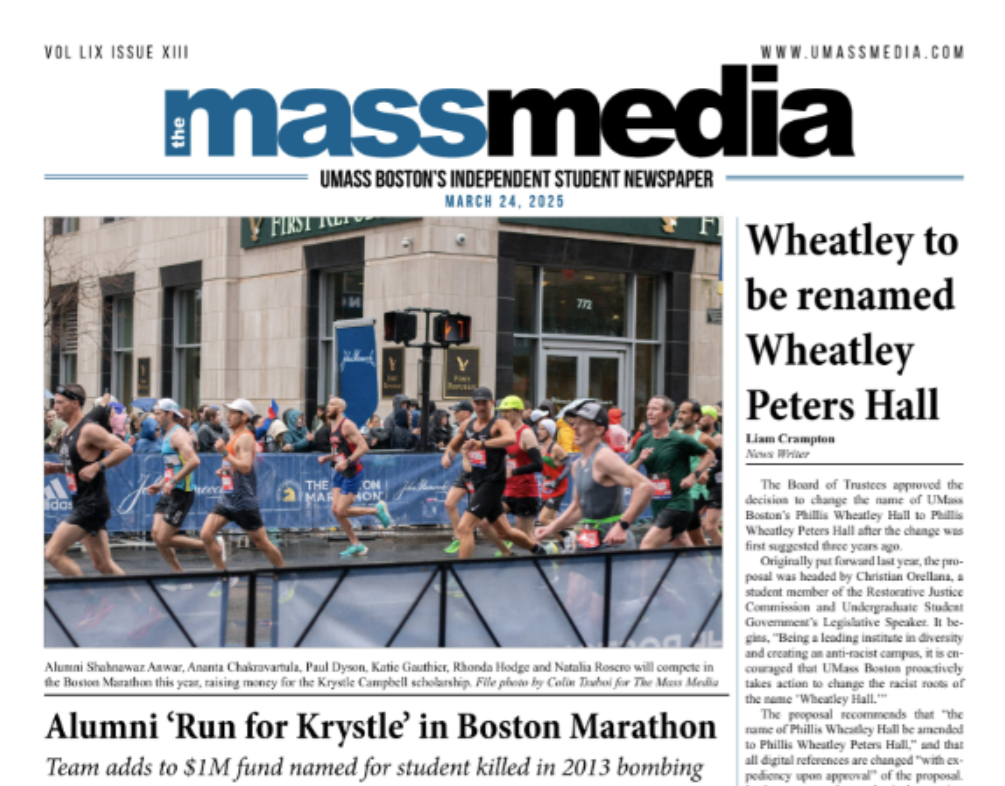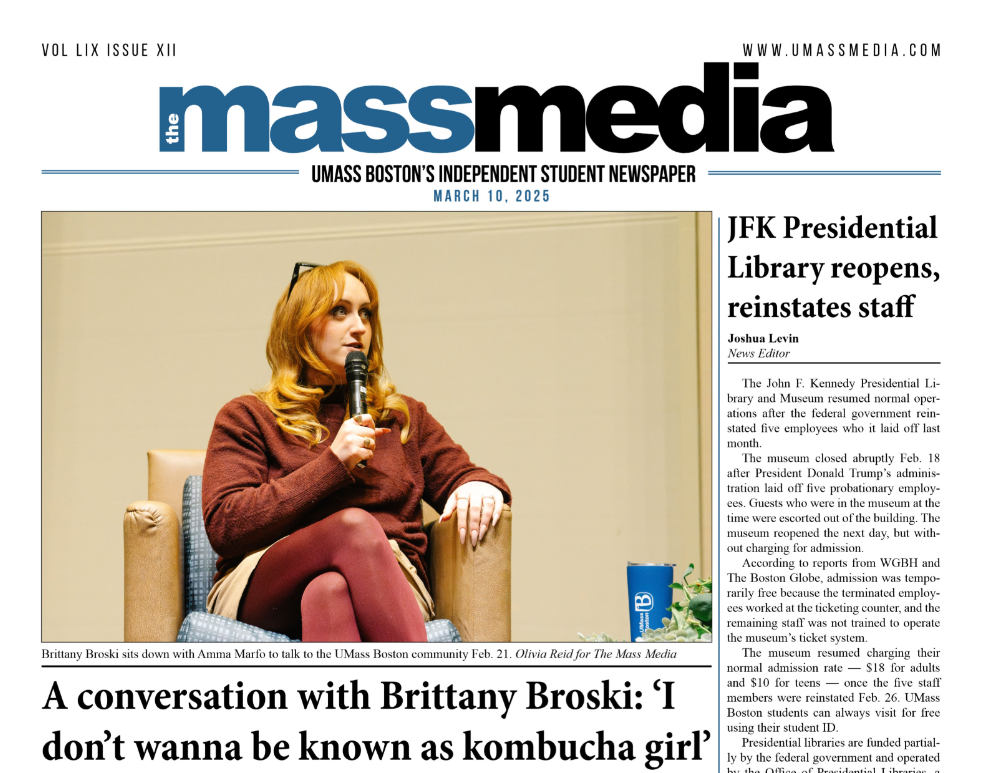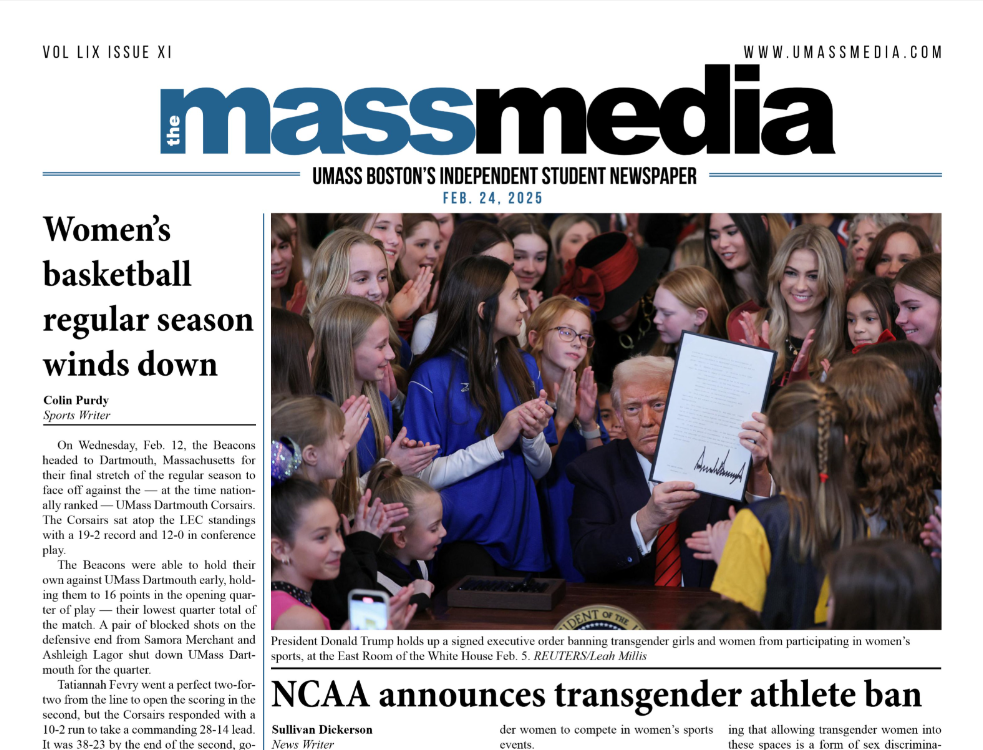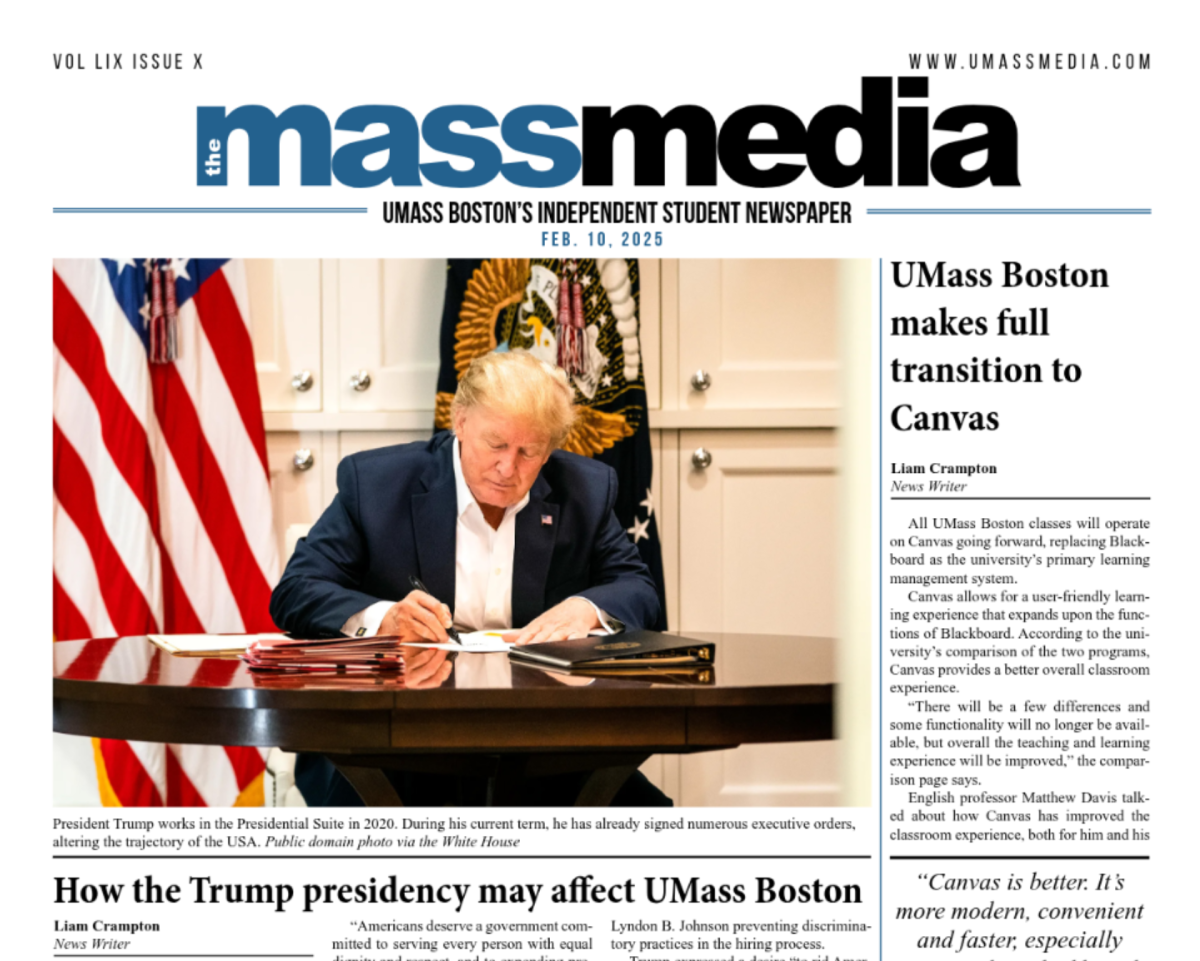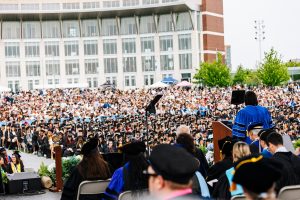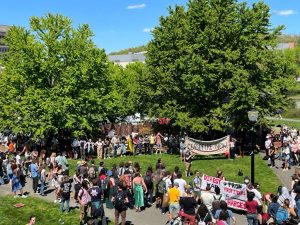Campus Shutdown Proposal Killed
December 3, 2003
A proposal to shut down the campus for several days as a cost-saving measure was killed at the last minute by the UMass president’s office just days before the campus took off for Thanksgiving break.
The president’s office backed out of the agreement, which would have given workers five extra paid days off in return for taking five vacation days, leaving many employees upset.
In a November 25 e-mail sent out to university employees, UMass Interim President Jack Wilson apologized for any inconvenience his decision might have caused, saying, “When the campus proposal was brought to my attention last week, I was concerned about potential defects, which I believe raise significant legal and policy questions for the university and the Commonwealth.”
He added that university lawyers share his concerns. In addition, a recent Campus Insider column in the Boston Globe stated that the president’s office had “questions about the fairness of employees on one campus receiving extra time off.”
Wilson’s highest priority at the moment is the legislature’s funding for the collective bargaining contracts and the ten million dollars in supplemental funding for the UMass system. He wrote, “I believe it is essential to focus attention on this matter, which, of course, includes long-overdue funding for existing labor contracts.”
Vice Chancellor of Administration and Finance David MacKenzie had e-mailed the university community a day before, noting that the November 28 and December 23-31 shutdowns won’t occur. MacKenzie also apologized for any inconvenience and urged “supervisors to be as flexible as possible in approving vacation time for employees during this time period.”
The decision was handed down after several months of negotiations between unions and campus administration officials and after the unions had taken a vote that showed overwhelming support for the shutdowns.
Tom Goodkind, a representative for the Service Employees International Union (SEIU) Local 888, called the move “shocking” and said people are “very angry” about it. “People had already made plans for the holidays, you know. Plane reservations, trips to see family, and so on. They’re extremely upset.”
Goodkind said the unions had not spoken with the president’s office about the shutdowns because bargaining is usually done through campus administration.
“They tell us they were in regular contact with the president’s office,” he said, adding that unions will be meeting with representatives from the president’s office later this week, “to see what they have to say about why they did this.”
Representatives from both the president’s office and campus administration confirmed that they have been in contact with each other regarding the issue.
A request by The Mass Media for the minutes of meetings between the human resource departments at each of the campuses and the central one in the president’s office was turned down. Strategy and confidential bargaining discussions were cited as the reasons.
Mark Preble, director of human resources, who sat down with unions to hammer out the agreement and who had just returned from vacation, said he didn’t have any more information than what was contained in MacKenzie’s e-mail.
Goodkind noted that there was speculation floating around that the agreement was not approved because some felt it was “too good a deal” for the staff.
“We’ve heard that they feel it would look bad in the public eye,” he said. “If they’re worried about the public eye – they spent a year and half being raked over the coals over Bulger, and yet, the fear that a few comp days for staff…would somehow ignite a furor seems highly unlikely to me.”
Goodkind said the unions were still hopeful about the president changing his mind with regards to the December shutdown, but there has been no indication given as of yet.
A spokesperson for the president’s office, John Hoey, said they weren’t likely at this point.
The unions are also investigating whether to pursue legal action against the university for “unfair labor practices,” citing the sudden turnaround so soon before the breaks as the specific reason.


